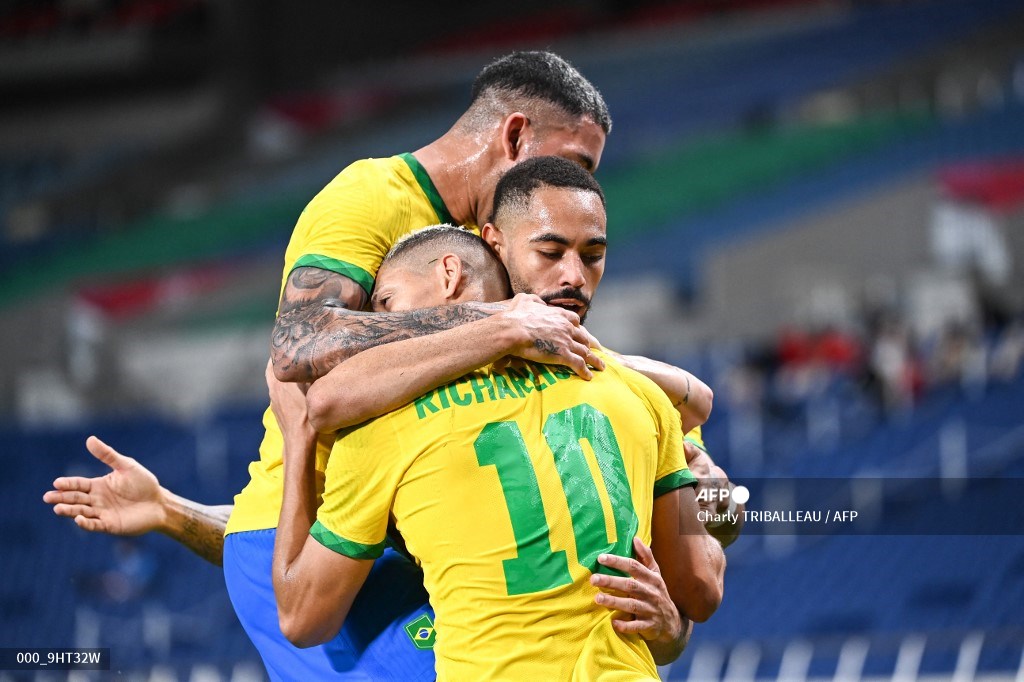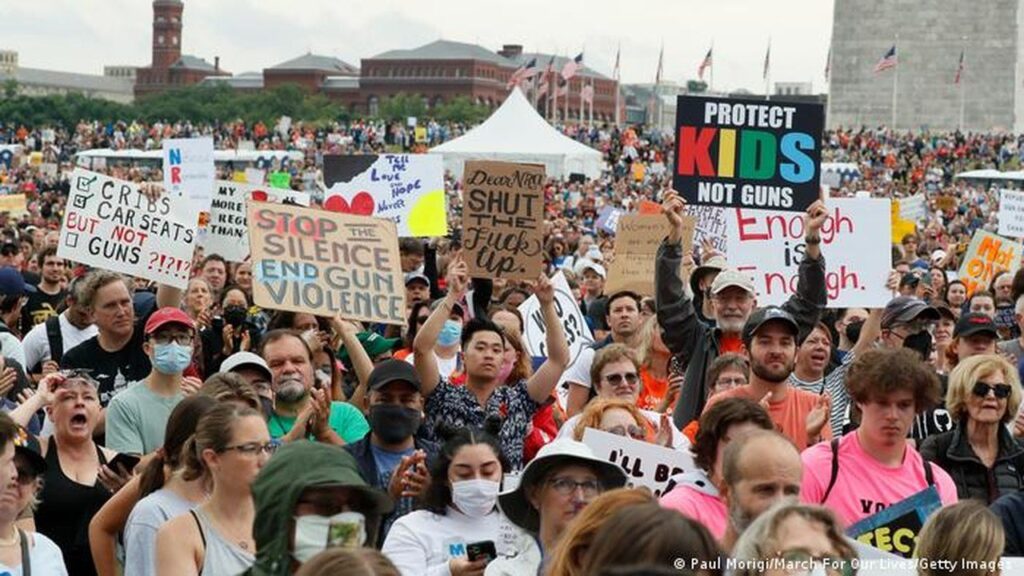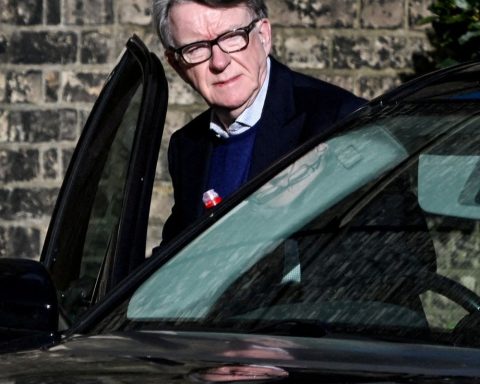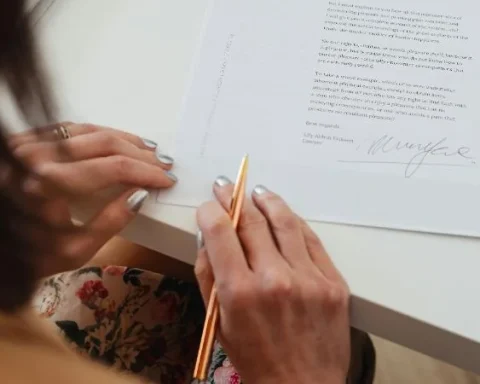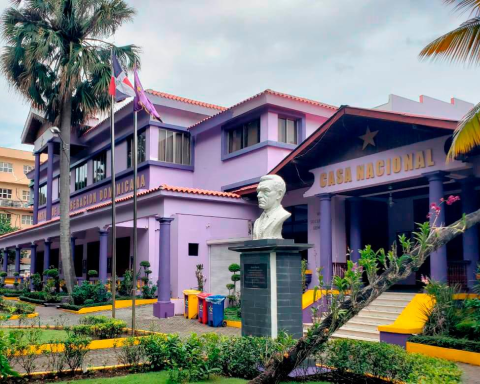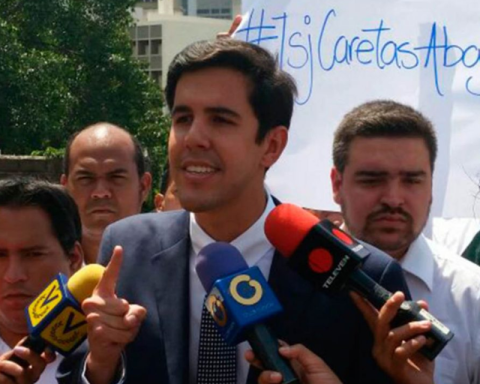The former soccer player richarlyson became this Friday the first player who played in the first division of Brazil and in the ‘Seleção’ publicly declaring himself bisexual.
“Since many people say that my position is important, Today I have decided to speak: I am bisexualhe (…) Now I want to see if it’s really going to get better [la cuestión de la homofobia en el fútbol]because that is my concern,” he said in an interview with the podcast “Os armários dos vestiários” (The locker room cabinets) published this Friday.
See also: The story of Yrma Lydya, the singer who would have been murdered by her husband
The versatile 39-year-old former soccer player, who played two friendlies with “Canarinha” in 2008, was skeptical that his revelation would have a positive impact against discrimination.
“I am a common citizen, who had a great story in football, but I cannot move mountains so that these crimes end, so that homophobia in football ends,” he assured.
“Unfortunately the world is not prepared to have that discussion and deal with it naturally,” he added.
Throughout his award-winning career, in which he won three Brasileiraos (2006, 2007, 2008) and the 2005 Club World Cup with Sao Paulo and the 2013 Copa Libertadores with Atlético Mineiro, the former defender and former midfielder was questioned about his orientation sexual.
Several times he was mocked and discriminated against by fans for dressing in sequined shirts, wearing pink clothes or putting on hair extensions.
You may be interested in: US Judge Rekindles Gay Marriage Fears After Abortion Ruling
“I did not want to be labeled because of my sexuality, because I was bisexual. I wanted people to see me as a mirror of everything I had achieved through my work (…) I never spoke because it was not my priority, as it was not today , but today I felt like speaking,” he added.
Became a commentator after definitively hanging up his boots in mid-2021, richarlyson drew attention to the difficulties homosexual footballers have.
“The door is going to absurdly close for the player who says he is [homosexual]because there is still that side, which I consider so poor of the clubs, of being in the hands of the organized fans, who are almost always the ones who command this homophobic issue,” he said.
“The players themselves have to position themselves better on the situation, especially heterosexuals. It’s not a matter of wearing the rainbow shirt. It’s about leaving the field when an act of homophobia happens,” he said.
“I had friends and former colleagues who had really difficult moments during their careers because they wanted to be the person they really wanted to be, but they were repressed by their clubs or even by their fans,” he said.
